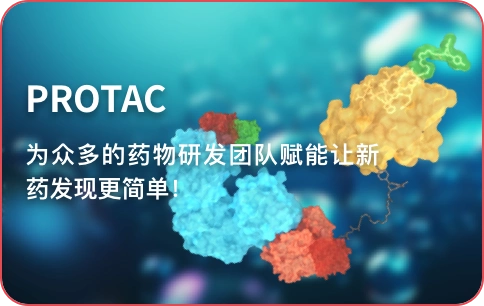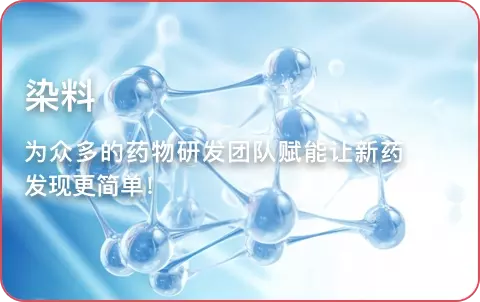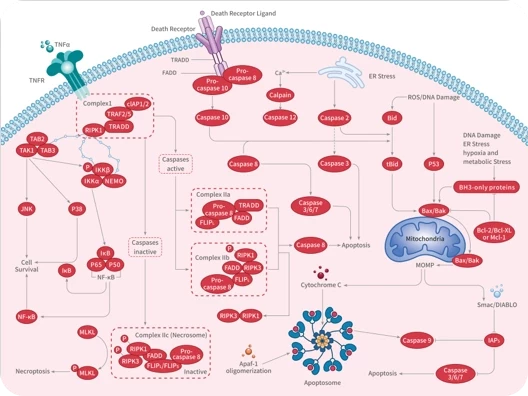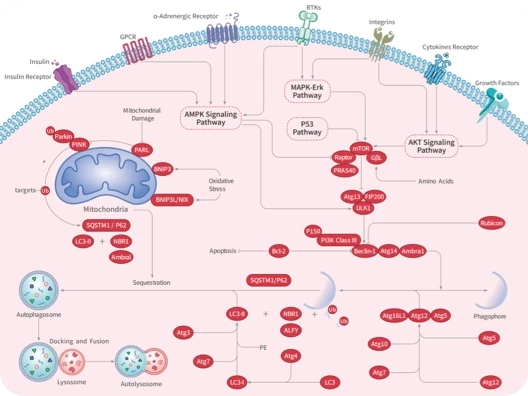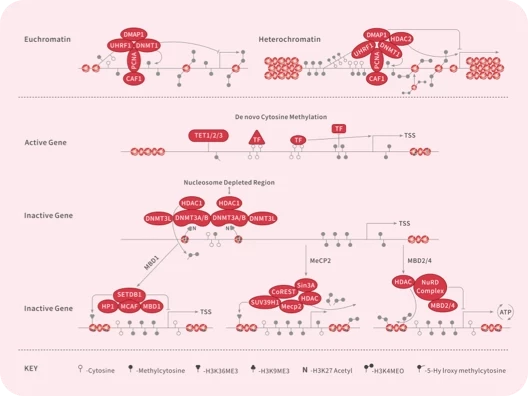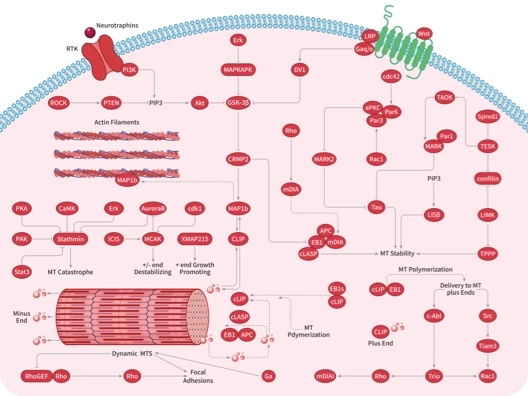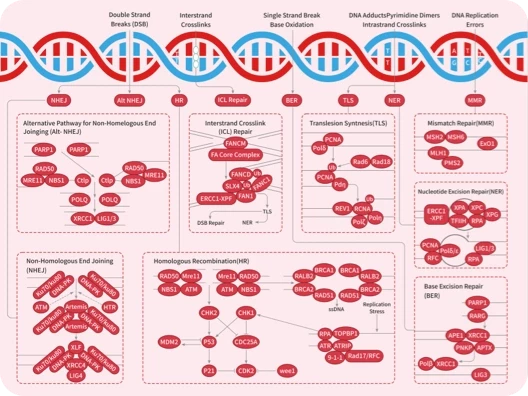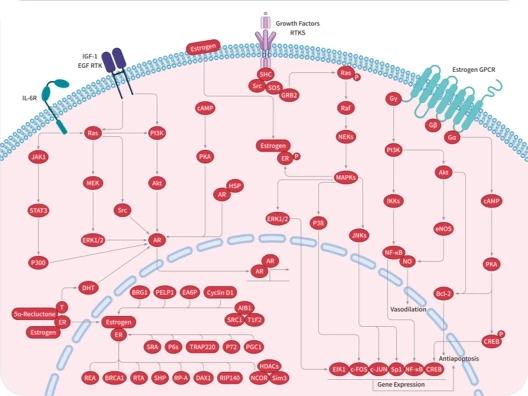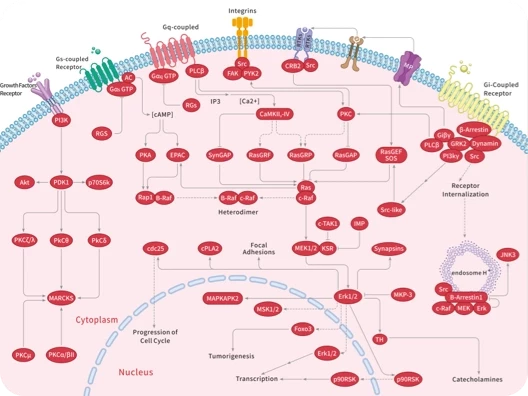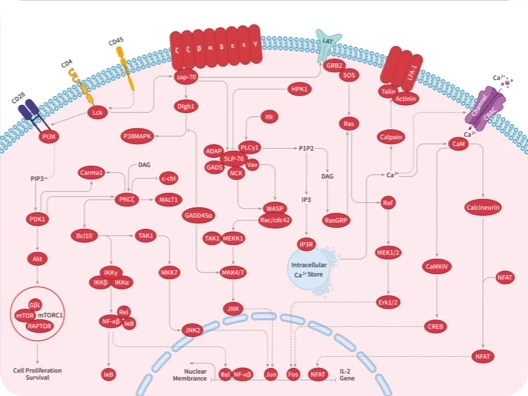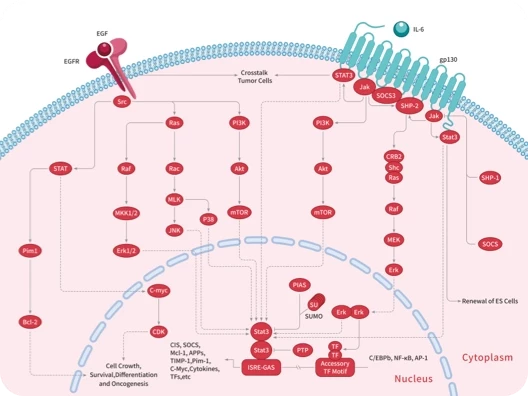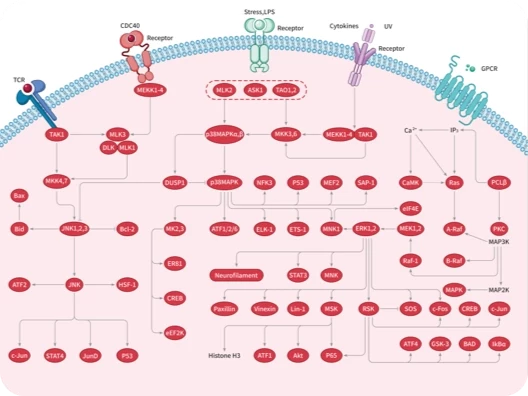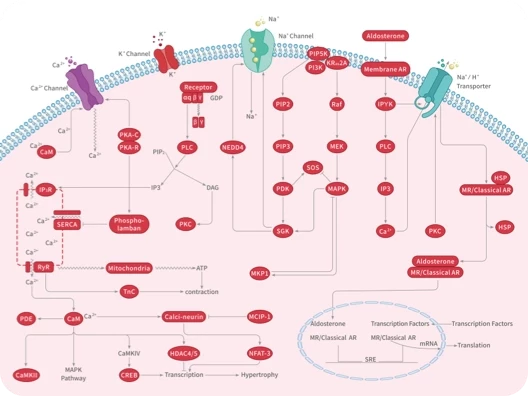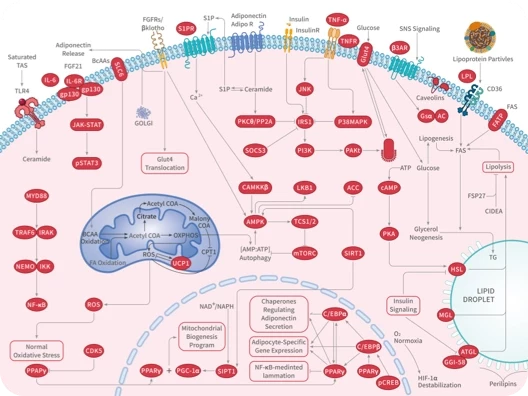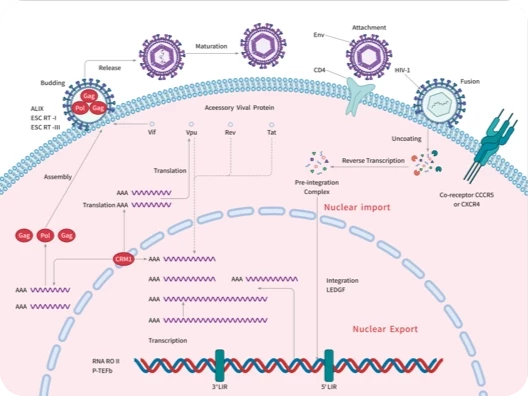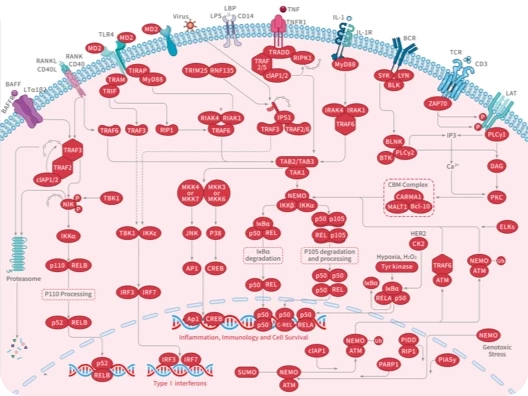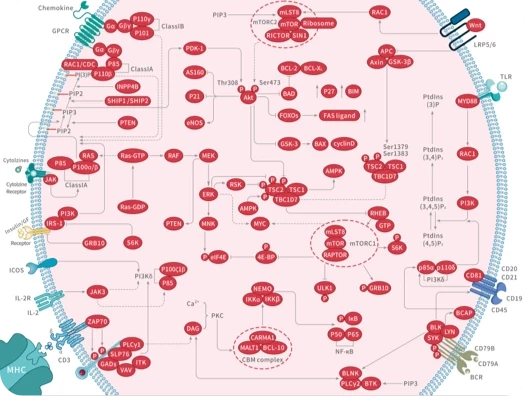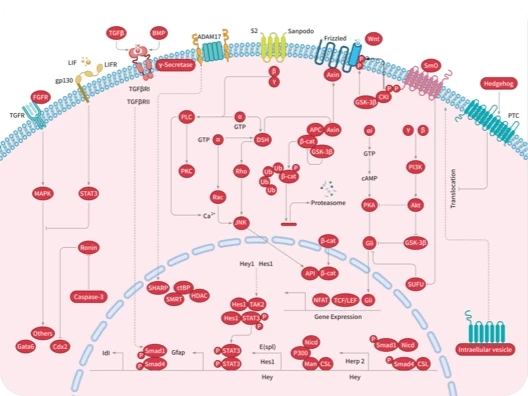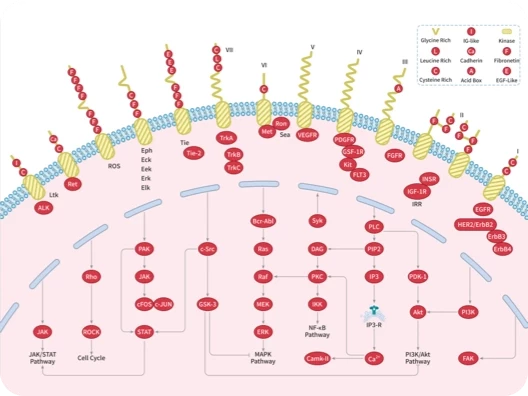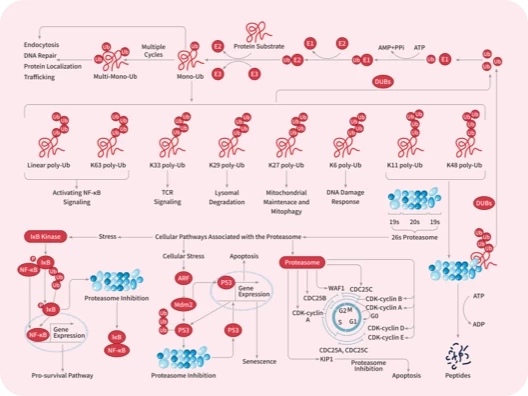- 全部删除
 您的购物车当前为空
您的购物车当前为空
Kallikrein 13/KLK13 Protein, Human, Recombinant (His)
Tissue kallikrein 13 (hK13), also known as KLK-L4 (kallikrein-like gene 4), is a member of the human tissue kallikrein family of serine proteases having diverse physiological functions in many tissues. The KLK13 gene resides on chromosome 19q13.3-4 along with other 14 members in a gene cluster and shares a high degree of homology. KLK13 is a trypsin-like, secreted serine protease expressed specifically in the testicular tissue including prostate, salivary gland, breast, and testis. Growing evidence suggests that many kallikreins are implicated in carcinogenesis and may play a role in metastasis. KLK13 may be involved in the pathogenesis and/or progression of breast and ovary cancers and is regarded as a novel cancer biomarker. Besides, KLK13 interacts and forms complexes with several serum protease inhibitors, such as alpha2-macroglobulin, and its expression is regulated by steroid hormones.

Kallikrein 13/KLK13 Protein, Human, Recombinant (His)
| 规格 | 价格 | 库存 | 数量 |
|---|---|---|---|
| 50 μg | ¥ 3,820 | 5日内发货 |
产品信息
| 生物活性 | Measured by its ability to cleave the fluorogenic peptide substrate Boc-VPR-AMC. The specific activity is >200 pmoles/min/μg. (Activation description: The proenzyme needs to be activated by Lysyl-Endopeptidase for an activated form) |
| 产品描述 | Tissue kallikrein 13 (hK13), also known as KLK-L4 (kallikrein-like gene 4), is a member of the human tissue kallikrein family of serine proteases having diverse physiological functions in many tissues. The KLK13 gene resides on chromosome 19q13.3-4 along with other 14 members in a gene cluster and shares a high degree of homology. KLK13 is a trypsin-like, secreted serine protease expressed specifically in the testicular tissue including prostate, salivary gland, breast, and testis. Growing evidence suggests that many kallikreins are implicated in carcinogenesis and may play a role in metastasis. KLK13 may be involved in the pathogenesis and/or progression of breast and ovary cancers and is regarded as a novel cancer biomarker. Besides, KLK13 interacts and forms complexes with several serum protease inhibitors, such as alpha2-macroglobulin, and its expression is regulated by steroid hormones. |
| 种属 | Human |
| 表达系统 | HEK293 Cells |
| 标签 | C-His |
| 蛋白编号 | Q9UKR3-1 |
| 别名 | KLK-L4,KLKL4,kallikrein-related peptidase 13 |
| 蛋白构建 | A DNA sequence encoding the pro-form of human KLK13 (NP_056411.1) (Met 1-Ile 262) was expressed with a C-terminal polyhistidine tag. Predicted N terminal: Gly 18 |
| 蛋白纯度 | > 95 % as determined by SDS-PAGE |
| 分子量 | 28.4 kDa (predicted); 33-37 kDa (reducing condition, due to glycosylation) |
| 内毒素 | < 1.0 EU/μg of the protein as determined by the LAL method. |
| 缓冲液 | Lyophilized from a solution filtered through a 0.22 μm filter, containing PBS, pH 7.4. Typically, a mixture containing 5% to 8% trehalose, mannitol, and 0.01% Tween 80 is incorporated as a protective agent before lyophilization. |
| 复溶方法 | A Certificate of Analysis (CoA) containing reconstitution instructions is included with the products. Please refer to the CoA for detailed information. |
| 存储 | It is recommended to store recombinant proteins at -20°C to -80°C for future use. Lyophilized powders can be stably stored for over 12 months, while liquid products can be stored for 6-12 months at -80°C. For reconstituted protein solutions, the solution can be stored at -20°C to -80°C for at least 3 months. Please avoid multiple freeze-thaw cycles and store products in aliquots. |
| 运输方式 | In general, Lyophilized powders are shipping with blue ice. |
| 研究背景 | Tissue kallikrein 13 (hK13), also known as KLK-L4 (kallikrein-like gene 4), is a member of the human tissue kallikrein family of serine proteases having diverse physiological functions in many tissues. The KLK13 gene resides on chromosome 19q13.3-4 along with other 14 members in a gene cluster and shares a high degree of homology. KLK13 is a trypsin-like, secreted serine protease expressed specifically in the testicular tissue including prostate, salivary gland, breast, and testis. Growing evidence suggests that many kallikreins are implicated in carcinogenesis and may play a role in metastasis. KLK13 may be involved in the pathogenesis and/or progression of breast and ovary cancers and is regarded as a novel cancer biomarker. Besides, KLK13 interacts and forms complexes with several serum protease inhibitors, such as alpha2-macroglobulin, and its expression is regulated by steroid hormones. |










